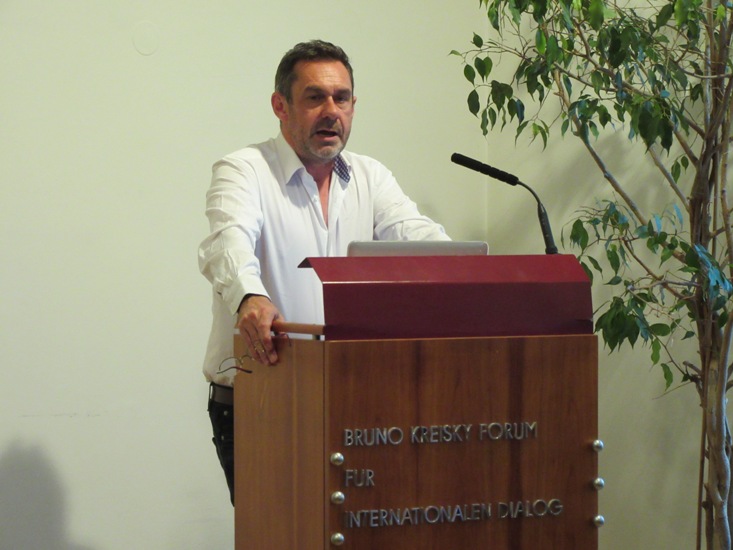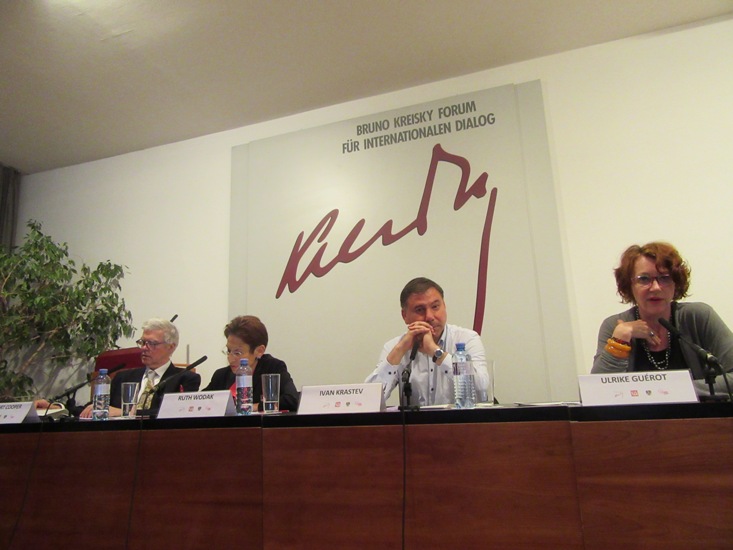THE FEMALE FACE OF REFUGEES
Welcome: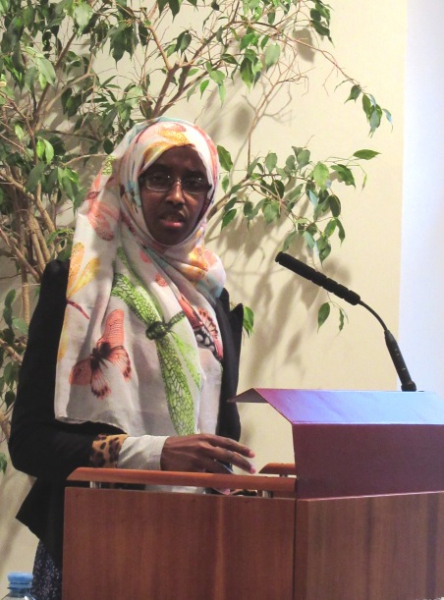
Sandra Fauenberger, Executive City Councillor for Women’s Issues, Education, Integration, Youth and Personnel, Vienna
Beatrix Bücher-Aniyamuzaala, Co-Author of the CARE Research Study „Women, Work & War. Syrian women and the struggle to survive five years of conflict, Austria
Roula El-Masri, Gender Technical Advisor, ABAAD – Resource Center for Gender Equality, Lebanon
Melissa Fleming, Head, Communications and Public Information Service Spokesperson for the High Commissioner
Female refugees living in Austria
Moderation:
Viola Raheb, University of Vienna
Worldwide more than 42 million people are fleeing war and persecution. According to UNHCR “Women and girls comprise about half of any refugee, internally displaced or stateless population”. According to UNHCR data, women account for approximately 50.3% of Syrian refugees today. Among the refugees, arriving to Europe recently, especially through the Balkan route, the number of women on among refugees is increasing. According to the UNESCO the figures from Macedonia reflect this development; the percentage of women and children among the refugees passing through Macedonia during September 2015 was 36%, and increased in October to reach 44%. Hence, the reasons for flight of women are diverse. Patriarchal structures on various levels have immediate consequences on both reasons and experiences of flight of women. Often, women are also faced with an additional gender-based violence both in the context of political upheaval, on the road as well as often also in the shelters.
In Kooperation mit
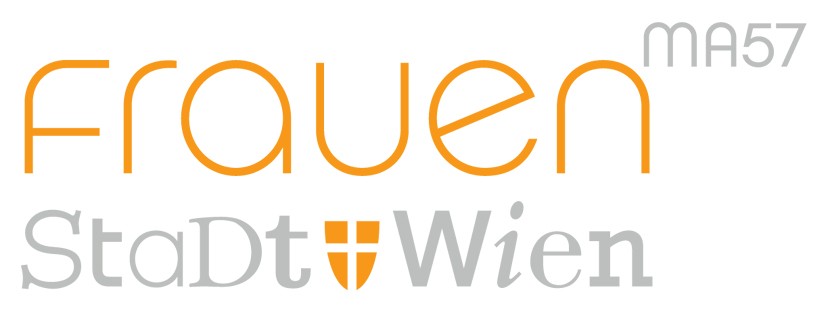
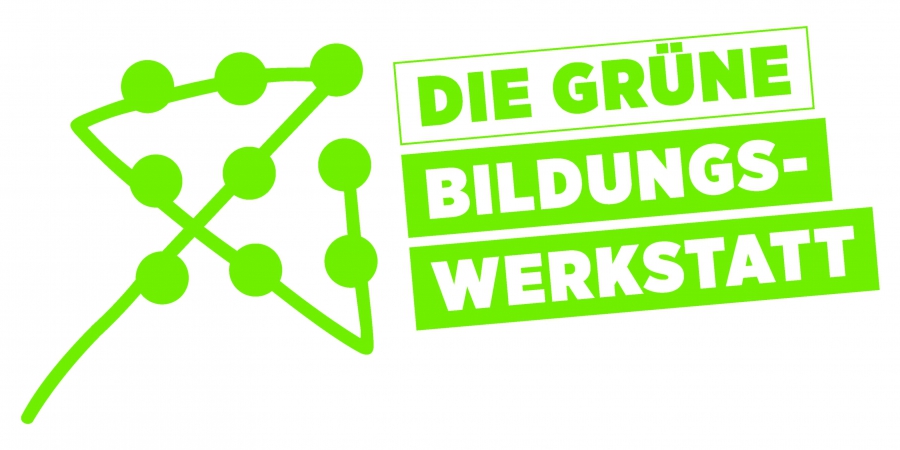

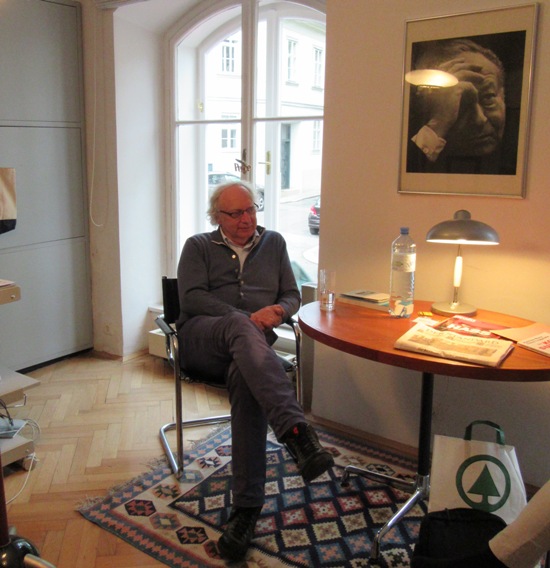
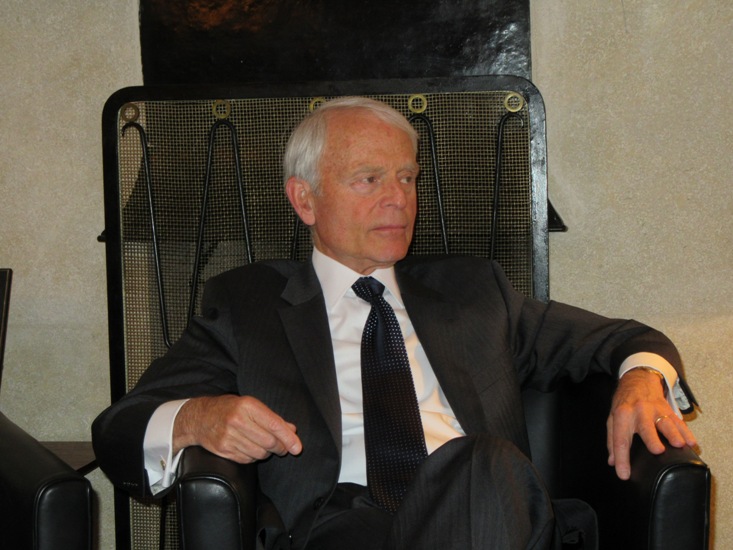 affairs. This year’s nomination process, however, has broken new ground, both in decorum and for shattering long-held assumptions. In the Democratic Party, Senator Bernie Sanders, a self-styled democratic socialist, has enlivened a broad, youthful base to mount a serious challenge to the odds-on favorite, former Senator and former Secretary of State Hillary Clinton. But even more surprising has been the campaign of businessman Donald Trump, whose irreverent, take-no-prisoners style has catapulted him to the forefront of the Republican presidential aspirants and, in the opinion of some observers, even threatens American democracy. Trump’s unorthodox campaign has confounded the experts and necessitates a re-examination of the U.S. society and economy.
affairs. This year’s nomination process, however, has broken new ground, both in decorum and for shattering long-held assumptions. In the Democratic Party, Senator Bernie Sanders, a self-styled democratic socialist, has enlivened a broad, youthful base to mount a serious challenge to the odds-on favorite, former Senator and former Secretary of State Hillary Clinton. But even more surprising has been the campaign of businessman Donald Trump, whose irreverent, take-no-prisoners style has catapulted him to the forefront of the Republican presidential aspirants and, in the opinion of some observers, even threatens American democracy. Trump’s unorthodox campaign has confounded the experts and necessitates a re-examination of the U.S. society and economy.